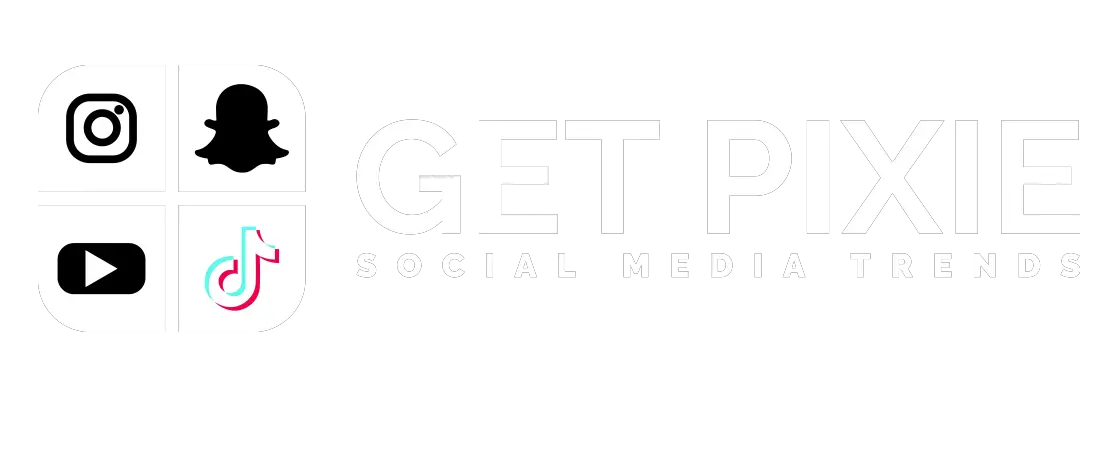Social life is as important for every student as gaining knowledge and skills. In fact, every university or college is also a space for young people to socialize and build soft skills in an environment of people that have the same interests and values. Learning goes digital, and so does socialization. For that reason using social media is almost an inseparable part of a young person’s communication and a solid way to keep the connections.
However, it is a fact proved by psychologists and social scientists that social media can be harmful to a young individual. From emotional problems to procrastination, it sometimes can make it harder to pursue a degree successfully. Those who need help keeping up with the assignments can use a college paper writing service at any time. However, another challenge for students is to find the balance. So, let’s see the negative and the positive aspects that social media brings to a student’s life.
The dangers of social media
For every individual, social media takes a different part in their life. Spending too much time online can demonstrate negative effects on one’s health, emotional wellbeing, and, consequently, academic performance.
#1 Procrastination
Procrastination is one of the major threats of using social media too much. This phenomenon is widely discussed as a state in which a person delays completing a task for so much time that it gives them anxiety. It is important to not confuse procrastination with laziness, as it is a state that is characterized by motivation to complete an assignment combined with anxiety to perform badly. There is an opinion that procrastination is infused with perfectionism. Worried about failing in doing the assignment impeccably, a student finds a distraction in their social media feed. And, as social media developers say, every app and platform is designed to keep the user glued to the screen.
#2 Social media impact on the attention span
As we just mentioned, the social media feed is aimed to make its users scroll as long as possible. One of the secrets is that it consists of extremely brief pieces of information that do not require any analysis or thought. If a student gets used to consuming information this way, it will be hard for them to perceive something more complex and coherent than social media posts.As a result, it can create an additional challenge in learning and preparing for exams.
#3 Health concerns
As a result of excessive scrolling and spending too much time on social media before bed, social media can mix up one’s sleep. The first reason for that is the time one spends online. It is simply about going to bed too late and not having enough sleep to study the next day productively. However, even if one follows a good sleeping schedule, the light from the smartphone itself can impact the sleeping pattern negatively. The blue light from the screen is unnatural for the night. It sends the signals to one’s brain that it is currently daytime and cares it away from sleep. Naturally, with not enough sleep, it is way harder to study, process complex pieces of information, and produce ideas, which is necessary for good academic performance.
#4 Emotional challenges of the online life
Another danger of social media for students is the emotional challenges that they face. Users mostly see the idealized and polished version of the life people they follow have. For a young mind, it can convey a wrong message that the life they have is not as good as the one they see online. As a result of long exposure to the social media versions of others’ lives, it can cause insecurities and damage one’s self-image.
The benefits of social media
If there only were drawbacks to social media, it probably would not be as popular among people, especially the young ones. Despite the dangers its uncontrolled use brings, there are ways for the students to improve their life with it.
#1 Knowledge exchange
It is easy to learn on social media as well as procrastinate. Today, most professors and tutors have social media accounts. These people are usually very glad to see people who are interested in their subjects, which is why they can be willing to help you by explaining their articles or giving hints on how to learn more. And thanks to social media, they are approachable as ever.
#2 Keeping long-distance connections
Many students have to leave their homes to go study at their dream university. Being away from all the social circles a person once had is a difficult challenge. It impacts a person emotionally, which can manifest in lower academic success. When social media is used to sustain meaningful connections and spend time with people that are important to you, you will feel more emotionally comfortable while being away from people you love.
#3 Learning opportunities
Many learning platforms, student clubs, and educational projects have social media accounts. These accounts are great sources of knowledge. By following such pages, you can keep up with the updates in the field and learn first about the educational events that may be interesting for you. If you adjust the feed for learning, social media will become another tool for getting smarter instead of being a distraction from reality.
How to keep up the balance
Social media can be harmless and even useful for a contemporary student. Here are some ways you can mitigate its negative impact on your life and improve your performance.
- Limit the number of notifications from social media during the time you have to be productive. Even if you are not going to open the update, it can interrupt your train of thought, and it might be more difficult to get back to it.
- Do not neglect reading books. Reading long texts will train your concentration damaged by the feed.
- Try spending less time on your phone before bed. It will improve your sleep, and you will have more energy for studying.
- Set your feed to serve your learning goals. Follow more educational platforms and unsubscribe from accounts that can be toxic or time-wasting.
The most important thing is how one uses their social media, not the very fact of using it. Every student can turn it into a powerful tool for a successful pursuit of their degree.






![YouTube SEO in 2024 [Definitive Guide]](https://getpixie.com/wp-content/uploads/2024/02/shutterstock_1684828252-1-150x150.jpg)








